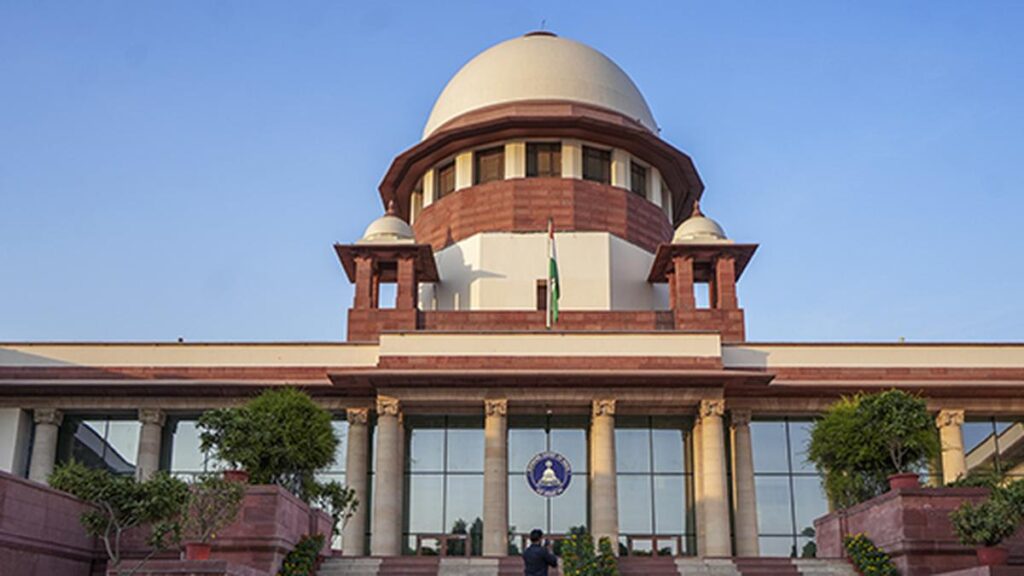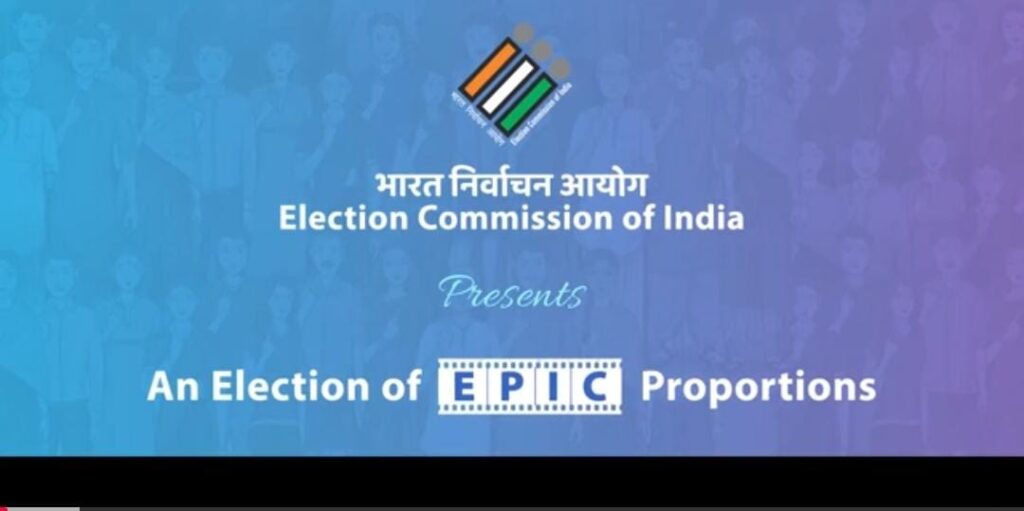

EC’s Counter-Affidavit on Bihar SIR Undercuts Supreme Court and Risks Voter Exclusion
The Conflict: Who Decides Citizenship?
In its recent counter-affidavit before the Supreme Court, the Election Commission of India (EC) strongly rebuffed the court’s suggestion to accept Aadhaar cards, voter identity cards (EPIC), and ration cards as valid documents for Bihar’s Special Intensive Revision (SIR) of electoral rolls . Instead, the EC asserted its exclusive power to scrutinise eligibility—including citizenship—under Article 324 and Section 16 of the Representation of the People Act, 1950 .
In contrast, the Supreme Court bench (Justices Dhulia and Bagchi) had earlier emphasised that citizenship determination rests solely with the Ministry of Home Affairs (MHA), not the EC. This fundamental jurisdictional dispute elevates the SIR controversy from procedural technicalities to a constitutional crisis, setting the stage for a potential showdown between judicial check and bureaucratic overreach.
Rebuffing Practical Solutions: The Aadhaar Contradiction
On July 10, the Court urged the EC to consider widely accessible documents such as:
•Aadhaar cards,
•Voter ID cards, and
•Ration cards,
to mitigate exclusion risks   .The EC countered by arguing that Aadhaar does not prove citizenship, ration cards may be fake, and the Voter ID—derived from earlier rolls—undermines the de novo exercise . Yet, this stance starkly contradicts:
1. Its past attempts to mandate Aadhaar–EPIC linkage under NERPAP ,
2. Its 2022 Rule amendments and Supreme Court precedents that recognise Aadhaar’s utility for identity purposes .
That the same institution has swung between leveraging and rejecting Aadhaar reveals inconsistency, not administrative rationale. Excluding documents already used for other critical state functions—like welfare delivery and electoral verification—betrays a refusal to reconcile process with principle.
Exclusion Risks: Migrants, Minorities, and the Disenfranchised
The stakes are alarmingly high. According to Census and electoral rolls:
•Of Bihar’s 8 crore voters, around 4 crore must re-verify by July 25  .
•Migrant populations—like the estimated 4.5 lakh in Tamil Nadu—face misalignment between local Aadhaar/ration cards and Bihar voter rolls, threatening disenfranchisement .
Civil society and opposition voices have loudly warned of a potential “mass exclusion” and even de facto implementation of a citizenship test under SIR . Conflating voter-eligibility review with citizenship probing opens the door to arbitrariness and abuse.
Historical and Constitutional Breach
This bureaucratic tightrope conflicts with the constitutional vision championed by founding figures. Nehru emphasised citizenship as a “privilege” predating grandeur, while Patel insisted it be broad and inclusive under Article 10 . By stripping weight from EPIC and other established documents, the EC risks rolling back this progressive legacy.
As constitutional experts argue, voter rights—once granted—cannot be withdrawn without exhausting legal due process. Requiring 2003 voters to reestablish citizenship or birth records is constitutionally fraught and administratively infeasible . Even the Constituent Assembly foresaw the plight of citizens unable to furnish birth records, warning against exclusionary measures .
Aiding Accountability or Avoiding It?
The EC also disclosed its request for political parties to help locate 74 lakh voters ahead of the SIR deadline—43.9 lakh of whom were “not traceable” . Critics—like Congress’s Rahul Bal—termed this a shirking of constitutional duty, warning of potential tampering with politically sourced lists .
Public hearings in Patna exposed grievances of omitted or misrepresented voters and discrepancies in data handling . Meanwhile, prominent opposition figures, including Priyanka Gandhi, labelled the SIR as “murdering democracy” .
Path to a Fair Resolution
What must happen now:
1. Bind EC to inclusive documents: Legally mandate acceptance of Aadhaar, EPIC, and ration cards to prevent exclusion.
2. Clarify EC’s citizenship limits: EC must accept the Supreme Court’s definition—citizenship adjudication is the MHA’s domain.
3. Ensure procedural safeguards: Guarantee due process—notice, appeal, and transparency—for any voter removal.
4. Extend deadlines and simplify submission: Especially for migrant workers or those lacking multiple documents.
5. Activate judicial review: The Supreme Court should monitor SIR implementation to guard against disenfranchisement.
Safeguarding Democratic Integrity
The EC’s counter-affidavit in the Supreme Court reveals its intent to flex constitutional muscle but also underscores alarming inconsistencies and potential overreach. In a crucial state election, the stakes are not just seats—they are the legitimacy of India’s democratic ethos.
Rejecting accessible documents like Aadhaar and EPIC when already integral to state systems does not demonstrate caution—it risks systematic exclusion and subverts constitutional commitments. The Supreme Court must firmly assert balanced administrative oversight, ensure inclusive verification, and uphold citizens’ sacrosanct right to vote.
In doing so, it will rescue the SIR process from drifting into a citizenship test and affirm the Indian democracy’s pledge: no citizen left behind at the ballot box.
Hasnain Naqvi is a former member of the history faculty at St. Xavier’s College, Mumbai





